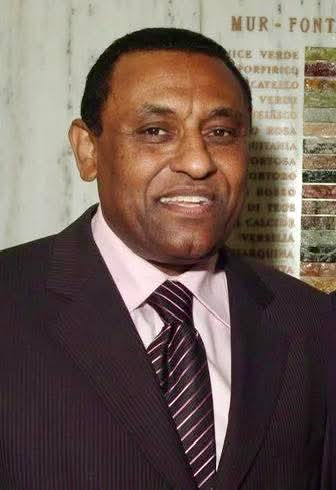Tensions Rise in Sudan as PM Idris Appoints Ministers, Faces Pushback from Armed Group
Sudan’s transitional government took its first steps toward forming a non-partisan cabinet this week, as Prime Minister Kamal Idris named new defence and interior ministers. However, the move has sparked tensions with one of the country’s influential armed groups, exposing early rifts in the delicate political transition.
According to state broadcaster SUNA, Lt. Gen. Hassan Daoud Kabroun was appointed defence minister and Lt. Gen. Babiker Samra Mustafa as interior minister. Kabroun, a South Kordofan native, previously served as the army’s director of financial affairs. Mustafa, from the Red Sea state, is a veteran police official who has held key security posts since the 1980s.
These appointments are the first phase in Idris’s plan to establish a 22-member cabinet made up entirely of independent technocrats. Announced on June 19, the initiative aims to insulate the executive branch from political and armed group influence. Yet, this very effort has drawn strong objections from the Justice and Equality Movement (JEM), a key signatory to the 2020 Juba Peace Agreement.
JEM, which secured several government positions through the peace accord—including cabinet posts and regional governorships—warned that removing its ministers would breach the terms of the deal.
“We are fully committed to the Juba Peace Agreement and the entitlements it guarantees, including executive roles,” said JEM spokesperson Mohamed Zakaria Farajallah. The group insists it will retain its positions until the transitional period concludes, as stipulated in the agreement.
The most prominent figure at the center of this dispute is JEM leader Gibril Ibrahim, who has served as Sudan’s finance minister since 2021. While no official changes to his role have been made, speculation is mounting that Idris may reassign him as part of the cabinet reshuffle.
As consultations continue, the disagreement underscores the complexity of navigating Sudan’s fragile post-conflict political landscape—where balancing peace accords, military influence, and public demands for reform remains a daunting task.



